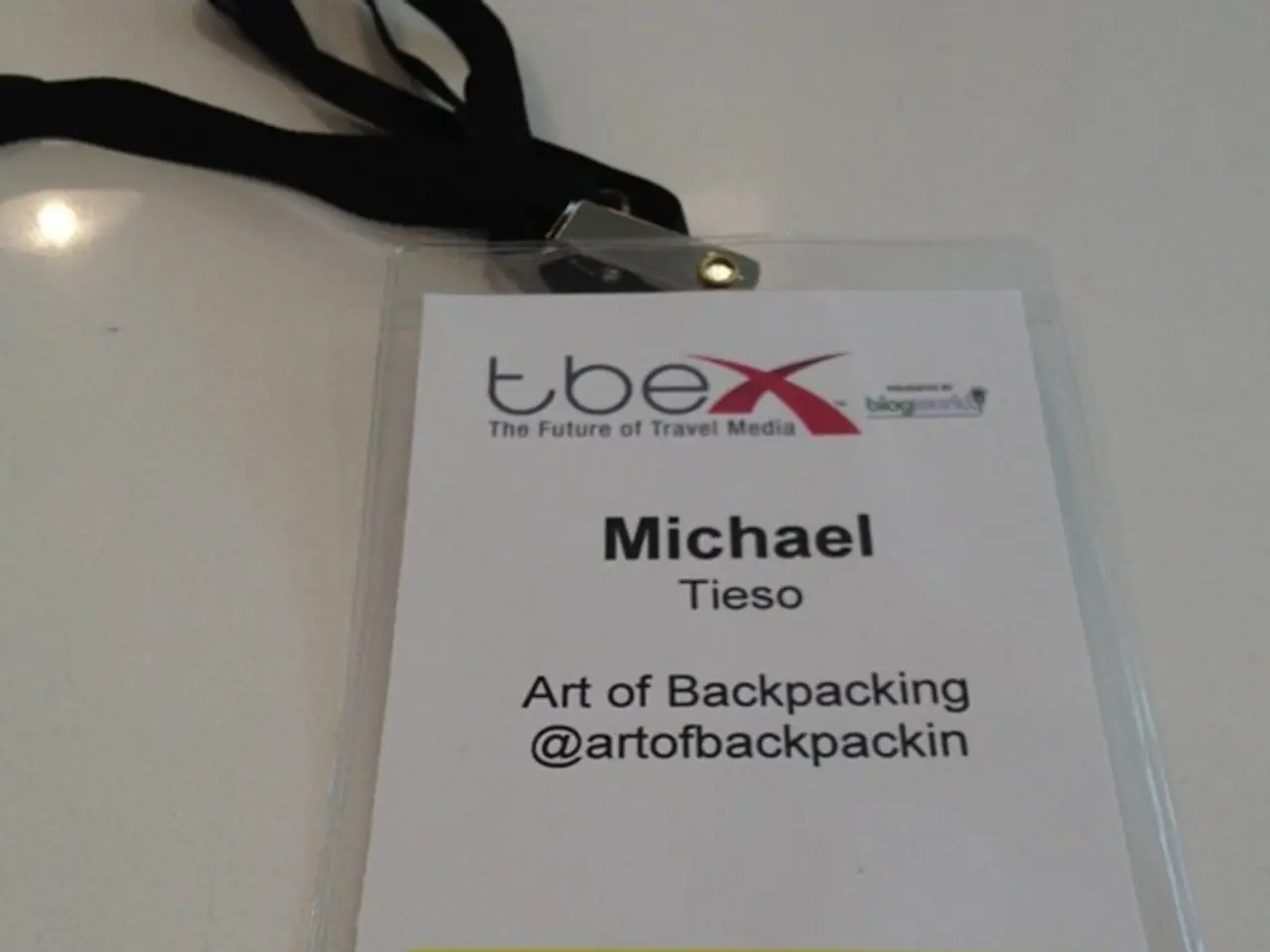Developing an Online Brand for African Freelancers
===============================================================
In the digital age, freelancers across Africa are leveraging online platforms to build their careers and secure better-paying international projects. By implementing strategic approaches, they can overcome challenges such as limited internet access, high competition, and geographic stereotypes.
James Mutua, a full-stack developer based in Nairobi, Kenya, is a prime example of this success. By building a GitHub portfolio showcasing five open-source projects, sharing weekly LinkedIn posts about coding challenges and solutions, creating short video tutorials, and expanding his professional reach on social media, he increased his LinkedIn following from 300 to 2,500 in just four months. His project win rate improved from 20% to 55%.
Building a strong, professional online portfolio is crucial for freelancers. Affordable and easy-to-use portfolio platforms designed specifically for African freelancers facilitate the showcasing of skills and past work to a global audience without the need for advanced technical skills or high costs.
Optimizing content and profiles for SEO (Search Engine Optimization) is another essential strategy. Effective SEO helps international clients find freelancers more easily by targeting relevant keywords related to their services.
Leveraging social media and online advertising selectively can also increase visibility. While platforms like Facebook Ads and Google Ads can be costly, they allow precise targeting of international clients. Proper keyword research and demographic targeting can increase visibility cost-effectively.
Developing a strong personal brand that counters geographic stereotypes is equally important. Showcasing professionalism, reliability, and unique value propositions through consistent content marketing and social proof helps overcome bias against geographic location.
Efficient communication skills are vital to maintaining client trust, even with intermittent internet. Establishing clear working hours, using asynchronous communication tools, and setting expectations upfront help maintain client trust.
Utilizing offline and low-bandwidth tools can improve productivity despite connectivity limitations. This includes scheduling uploads during off-peak hours or using compressed file formats.
Networking within global freelancing communities and niche markets can reduce competition intensity. Specializing and engaging in communities where African freelancers are gaining recognition can open higher-paying project opportunities.
AI tools can further assist freelancers by providing features like portfolio analytics, communication tools for creating personalized client messages, automated project management templates, and insights into market trends. These tools help freelancers identify their best work, adjust pricing, and refine their pitches based on data-driven insights.
Sarah Okonjo, a digital marketing expert from Lagos, Nigeria, boosted her average project fee from $200 to $1,500 and secured $5,200 in monthly recurring contracts within three months by focusing her portfolio exclusively on SaaS content marketing, enhancing her profile with relevant keywords and professional certifications, and adding detailed case studies that highlighted clear, measurable client results.
By combining these approaches — strong online portfolios, SEO, targeted advertising, personal branding, efficient communication, adaptation to bandwidth constraints, and niche networking — African freelancers can improve their international marketability, attract better-paying clients, and mitigate barriers related to internet access, competition, and stereotypes.
Online platforms also offer tailored training programs specifically designed for freelancers in Africa, featuring flexible payment options, region-focused courses, and collaborations with industry leaders. Participants can earn certifications in areas like data analytics, cloud computing, and software development.
For more detailed information about resources and tools for African freelancers, consider exploring platforms that support freelancers in Africa. By leveraging these strategies and resources, African freelancers can thrive in the global marketplace.
- Freelancers in technology, education-and-self-development, finance, business, and lifestyle sectors in Africa can enhance their global marketability by building strong online portfolios, optimizing content for SEO, leveraging social media and online advertising, developing a strong personal brand, improving communication skills, adapting to bandwidth constraints, networking within global freelancing communities, and using AI tools.
- In the era of digital freelancing, education-and-self-development, finance, business, technology, and lifestyle freelancers in Africa can leverage online platforms not only for work but also for accessing tailored training programs, featuring flexible payment options, region-focused courses, and collaborations with industry leaders.




